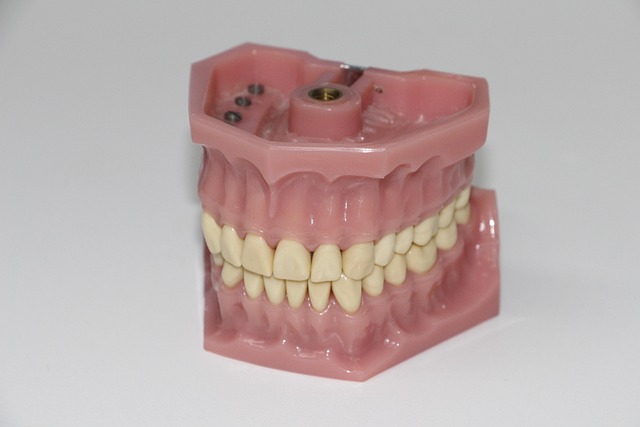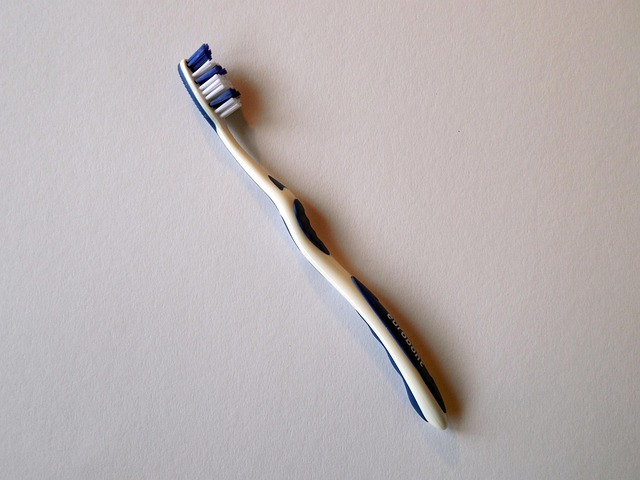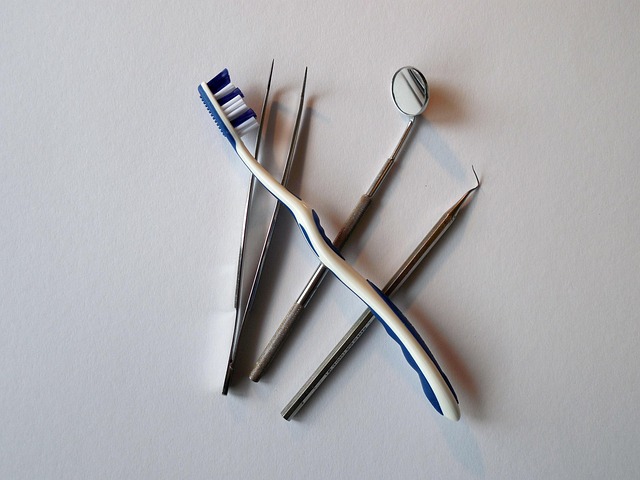Dental fillings, while common for repairing damaged teeth, carry risks including allergic reactions, chipping, and sensitivity. Modern materials like composite resin and ceramic offer improved durability and aesthetics. Choosing a qualified dentist in McAllen with knowledge of the latest techniques minimizes these risks. Regular check-ups, proper oral hygiene, and proactive measures like desensitizing toothpaste are crucial for maintaining filling longevity. Individuals experiencing discomfort or signs of damage should promptly consult their dentist for evaluation and necessary adjustments.
In need of insight into dental fillings? Understanding their role in oral health is essential, especially considering the various types and potential risks associated with them. From metal to composite, each filling material comes with its advantages and considerations. This guide explores what you need to know about dental fillings in McAllen, delving into risks, durability, safety, and when alternative solutions might be necessary. Contact us at [email protected] for more personalized information.
- Understanding Dental Fillings: A Common Procedural Overview
- Types of Dental Fillings: Metal, Composite, and Beyond
- Potential Risks and Side Effects Associated with Dental Fillings
- Long-term Implications: Considering the Durability of Fillings
- Safety Precautions and Best Practices for Filling Placement
- When to Seek Alternative Solutions or Remove Fillings
Understanding Dental Fillings: A Common Procedural Overview

Dental fillings are a common procedure used to restore teeth damaged by decay or injury. At our McAllen dental clinic, we offer modern solutions for effective and safe tooth restoration. The process typically involves removing the affected portion of the tooth and filling the cavity with a suitable material, such as composite resin or amalgam. These materials are chosen based on their durability, aesthetic appeal, and biocompatibility with oral tissues. While fillings have been a standard treatment for decades, it’s crucial to be aware of potential risks and complications, especially when considering removal or replacement.
Understanding the latest research on dental filling safety is essential for making informed decisions about your oral health. Complications from dental fillings in McAllen can include allergic reactions, chipping or cracking of the filling material, or prolonged sensitivity. However, with proper care and regular dental check-ups, these issues can often be prevented or effectively managed. When considering a dentist for filling removal, look for professionals who stay updated with modern techniques and materials to ensure optimal outcomes while minimising risks.
Types of Dental Fillings: Metal, Composite, and Beyond

Dental fillings have come a long way from their traditional metal counterparts. Today, there are several options available to patients in McAllen, each with its own set of benefits and potential risks. One of the most common types is metal fillings, which offer durability and longevity but may cause issues like tooth sensitivity and allergic reactions over time. Composite fillings, made from a mixture of resin and powdered glass, are popular for their natural appearance and ability to bond with teeth, making them ideal for smaller cavities.
Beyond these, newer materials like ceramic and composite resins infused with fluoride provide enhanced strength and resistance to wear. When considering dental fillings, it’s crucial to discuss the pros and cons with your dentist in McAllen, especially if you’re experiencing leaks or complications that could lead to abscesses. The latest research on dental filling safety emphasizes the importance of choosing a material that suits individual needs while being mindful of potential long-term effects, like filler degradation or interactions with other oral health conditions. Understanding these options and their implications is key to making an informed decision regarding your dental care.
Potential Risks and Side Effects Associated with Dental Fillings

Dental fillings are a common procedure to restore tooth damage, but it’s essential to be aware of potential risks and side effects. While they effectively fix cracked, broken, or decayed teeth, there are considerations for each individual. Some patients may experience temporary discomfort or sensitivity after the procedure, which usually subsides within a few days. However, in rare cases, dental fillings can lead to complications like infection, nerve damage, or allergic reactions.
In McAllen, as with any dental treatment, it’s crucial to discuss these risks and potential side effects with your dentist. They can provide guidance on managing post-procedure sensitivity and offer treatment options for any adverse reactions, such as addressing head pain caused by fillings. Maintaining good oral hygiene after filling placement is also vital; your dentist may recommend specific brushing and flossing techniques to ensure the longevity of the repair and overall dental health.
Long-term Implications: Considering the Durability of Fillings

Dental fillings, while essential for repairing damaged teeth, carry potential risks that should not be overlooked. In McAllen, as with any dental procedure, there are considerations regarding long-term durability and complications. The longevity of a filling depends on various factors, including the type of material used, oral hygiene practices, and the health of the patient’s teeth and gums. Over time, fillings may weaken or wear down, leading to potential issues like tooth decay, fractures, or even the need for additional restorative treatments.
Understanding the statistics behind dental filling procedures is crucial. While modern materials offer improved durability, certain factors can contribute to complications. Best practices involve regular dental check-ups to monitor filling integrity and address any concerns promptly. Moreover, patients experiencing tooth sensitivity after a filling might find natural remedies like using desensitizing toothpaste or applying essential oils topically helpful. Such proactive measures can enhance long-lasting results and mitigate risks associated with dental fillings in McAllen.
Safety Precautions and Best Practices for Filling Placement

When considering dental fillings in McAllen, it’s crucial to be aware of potential risks and best practices for a safe and healthy outcome. While modern dental materials have significantly advanced, proper placement and maintenance are essential to prevent complications. One common issue is fillings leaking, which can lead to further dental problems over time. This often results from poor sealing or damage to the filling itself, allowing bacteria to infiltrate and cause decay.
The latest research on dental filling safety highlights the importance of skilled and experienced dentists for placement. Improperly placed fillings carry a risk of permanent damage if left untreated. To avoid these issues, patients should ensure their dentist uses state-of-the-art materials and techniques, maintains good hygiene practices, and provides regular check-ups to monitor the health of dental fillings.
When to Seek Alternative Solutions or Remove Fillings

If you experience persistent or severe discomfort after receiving a dental filling, it may indicate an issue that requires attention. Chronic pain, especially when chewing or applying pressure to the affected area, could suggest an improper placement or underlying problem with the filling material. In such cases, seeking alternative solutions or removing and replacing the existing fillings is advisable. This is particularly true if you’ve noticed any signs of damage, dislodgement, or visible decay beneath the filling over time.
When considering affordable tooth filling alternatives in McAllen, it’s essential to weigh the risks and benefits of composite fillings against traditional materials. Composite fillings, known for their durability and aesthetic appeal, may offer a more long-lasting solution. However, individuals with specific dental concerns or allergies should consult professionals who can guide them through the options tailored to their needs. Regular check-ups play a vital role in monitoring the health of your teeth and fillings, ensuring prompt addressing of any issues before they escalate.
Dental fillings have long been a common procedure, offering a practical solution for tooth damage. However, as with any medical intervention, there are considerations regarding risks and long-term effects. Understanding these aspects, including potential side effects like sensitivity or decay beneath the filling, is crucial for informed decisions. In McAllen, when contemplating dental fillings, individuals should consult professionals who can guide them through options, safety practices, and alternatives, ensuring the best oral health outcomes. For further insights, reach out to our team at [email protected].
